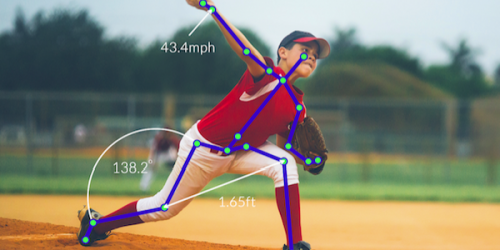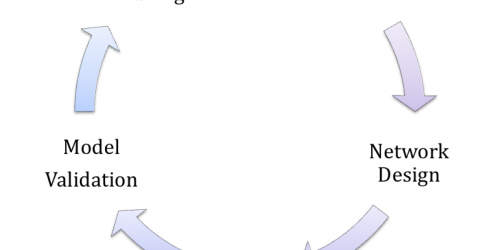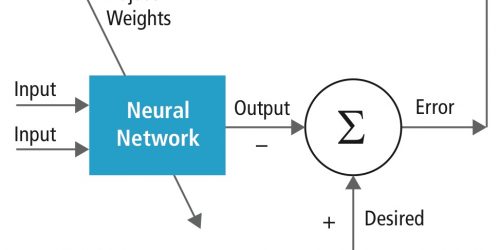Deep Learning Economies of Scale: How Real-World Computer Vision is Changing
This article was originally published by BDTI. It is reprinted here with the permission of BDTI. When we launched the Embedded Vision Alliance in 2011, we did so out of the conviction that computer vision was ready to become a ubiquitous technology that would be used to solve numerous important, real-world problems. And, indeed, it’s […]
Deep Learning Economies of Scale: How Real-World Computer Vision is Changing Read More +





